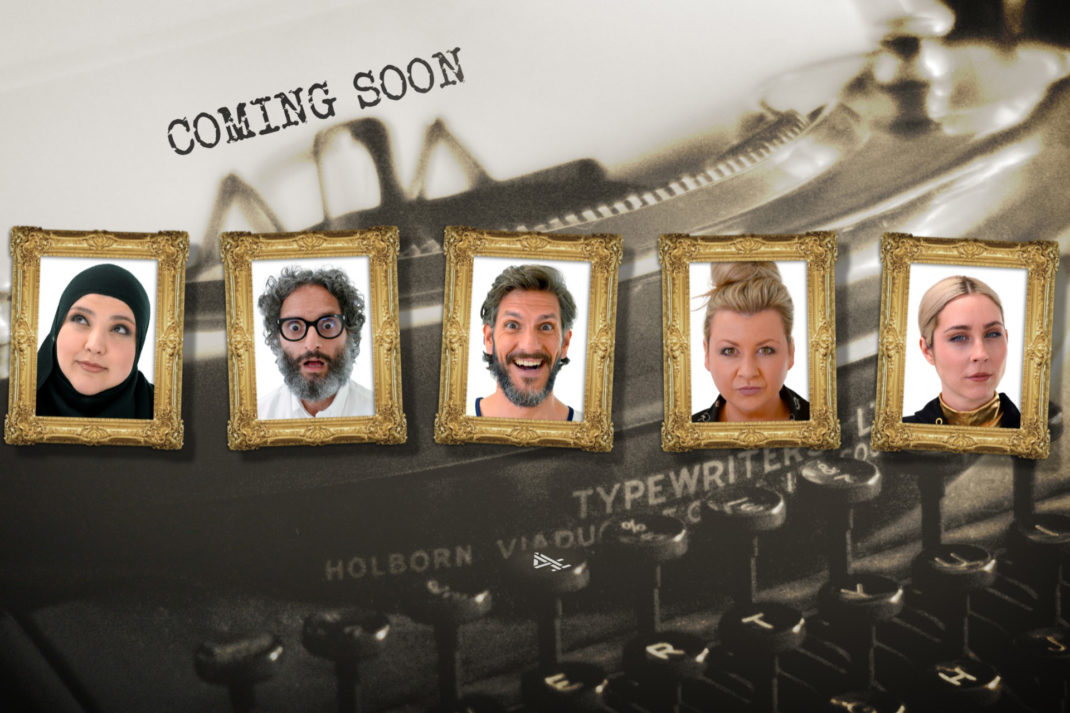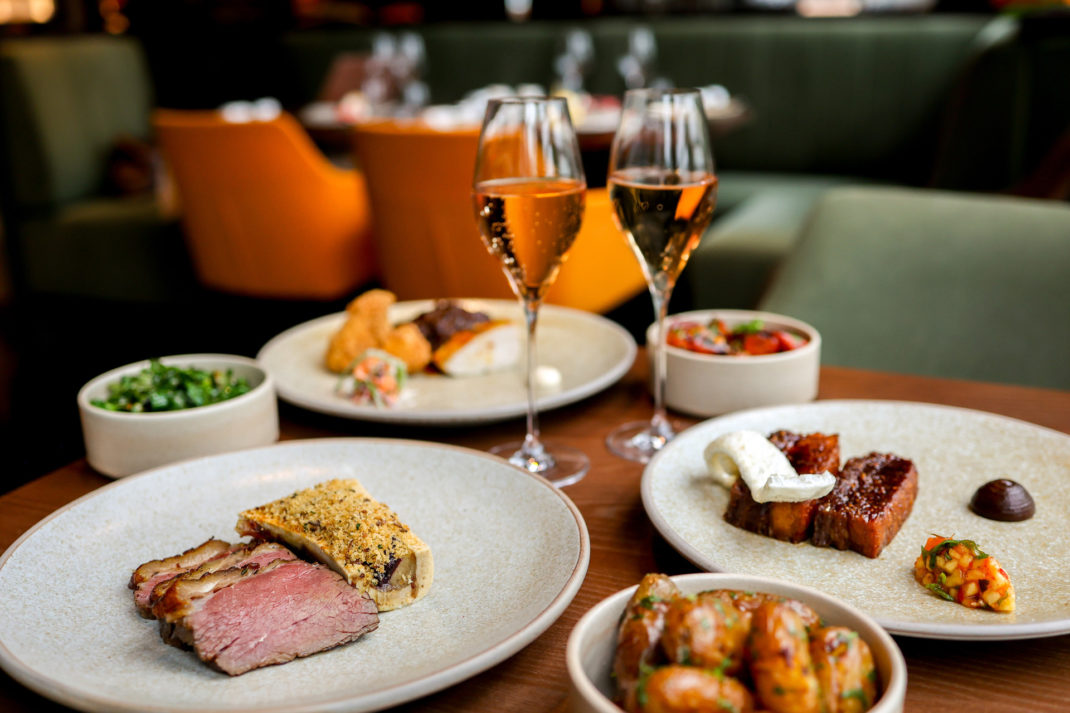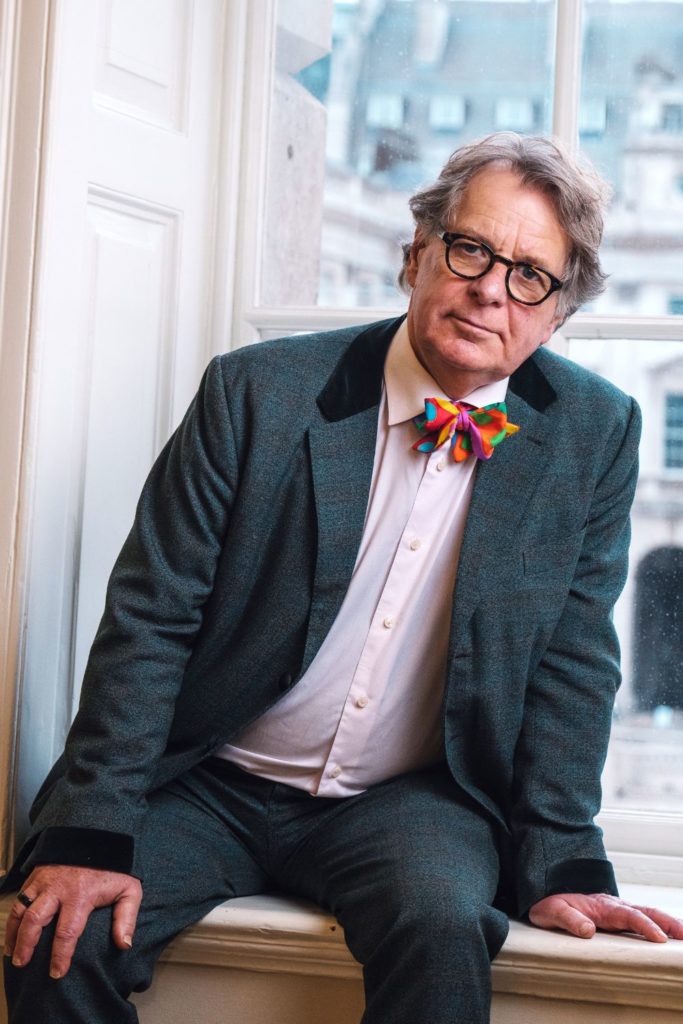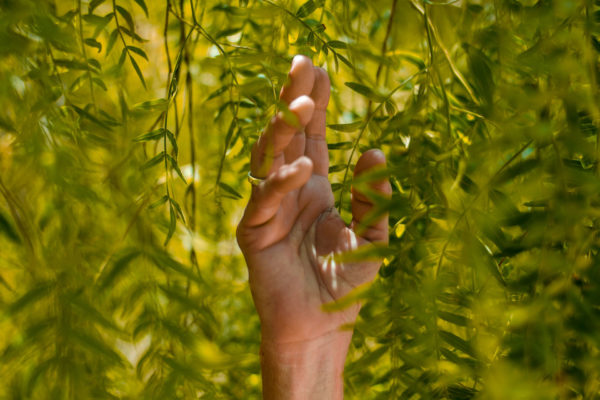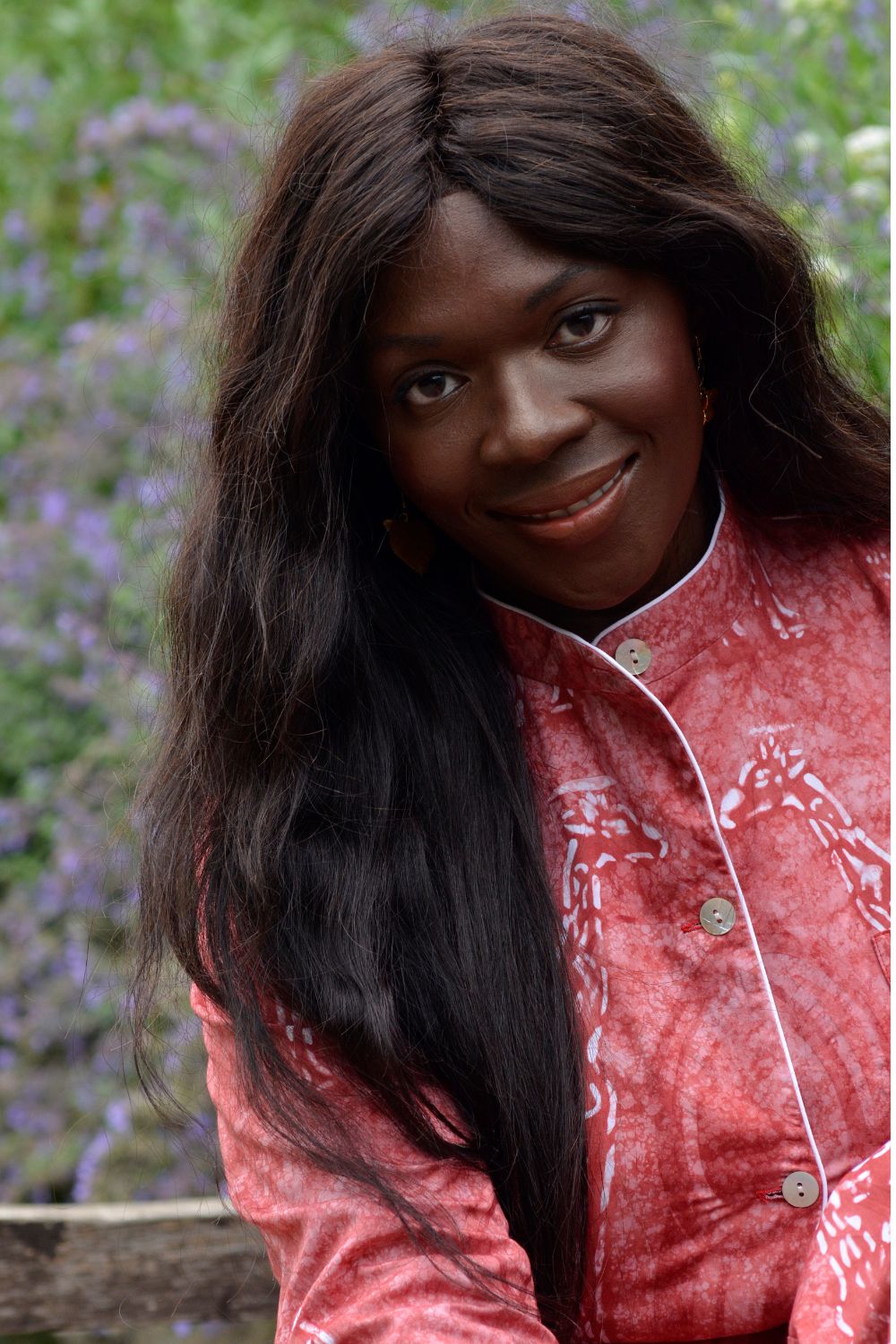
Green Heroes: Tuvie Ejoh, Founder Of Tutu Pikin
By
7 months ago
'Sustainability isn't just a trend; it’s the future of business'
After spending a decade in the music industry and another decade in banking, Tuvie Ejoh decided it was time for a (sustainable) change – so she founded Tutu Pikin, a luxury lifestyle brand showcasing the beauty of African craftmanship. We sat down with Tuvie to hear more about her story.
Green Heroes: Tuvie Ejoh, Founder Of Tutu Pikin
When was your green lightbulb moment?
I love the phrase ‘green lightbulb!’ Honestly, it happened when I was pregnant with my first child. There’s something about becoming a mother that makes you look at the world differently. I started thinking about the kind of future I wanted for my child, and I realized it wasn’t enough to just hope things would get better – I had to do something about it. I remember looking at all the waste around us, especially in fashion, and thinking, ‘We can’t keep living like this.’ That’s when it hit me: I could be part of the change. I felt this strong push to create something that would reflect the values I want to pass on to my kids – something sustainable, something that respects the earth. And that’s how Tutu Pikin began. It wasn’t a big business idea at first, just a personal decision to do better for my child and for the world they’re growing up in.
What motivated you to launch your brand?
My son was the biggest source of inspiration. For his 1st birthday, I wanted to dress him in something that was not only chic and comfortable but also a true reflection of our African heritage. I spent hours searching online for authentic African designs in children’s clothing. What I found were mostly large brands offering watered-down, appropriated versions of our prints – clothes that lacked the soul and artistry of real African craftsmanship. That realization sparked something in me. It became clear that there was a gap, and I felt a strong push to fill it by creating something that truly honours the beauty and heritage of African design.
What do you want people to know about your brand? What are its values and aim?
At Tutu Pikin, sustainability is the backbone of everything we do. Our aim is to create a brand that delivers high quality, culturally authentic clothing while making a real, tangible impact on both people and the planet. We focus on fairtrade because we believe sustainability starts with fairness – ensuring that the artisans crafting our fabrics are paid what they deserve. For us, fairtrade isn’t just about a label, it’s about empowering the communities we work with to build better futures for themselves.
Our values are grounded in sustainability, transparency, and cultural preservation. We work with African artisans, many of whom are women, to produce fabrics using age-old techniques like batik and tie-dye – methods passed down through generations. These techniques not only produce beautiful, meaningful pieces, but they also contribute to the economic livelihood of the artisans involved. Every fabric is meticulously crafted in Africa, and once it arrives in the UK, each garment is cut and sewn by hand to ensure quality and reduce waste. Our commitment to these values means we don’t just want to sell clothes. We want to ensure that everything we do, from sourcing materials to production, reflects our responsibility to both people and the planet. We’re building a brand that challenges fast fashion and shows that sustainability, craftsmanship, and style can go hand in hand!
What makes you feel positive about a sustainable future?
What gives me hope is seeing the growing awareness around sustainability and how it’s starting to influence real action. But what truly makes me optimistic is that we’re beginning to understand this isn’t just a problem for developed countries – it’s a global issue, and we need everyone on board, especially developing nations like those in Africa. Africa is responsible for only a fraction of global emissions, yet it’s bearing the brunt of climate change. You see it in how it’s impacting food security, ecosystems, and even how resources are becoming so scarce that it fuels conflict and displacement. That’s something we can’t ignore. What really encourages me, though, is the increasing recognition of Africa’s role in the solution. There’s so much knowledge and resourcefulness within African communities, passed down through generations, especially in terms of sustainable practices. By including those voices – people who understand the land and live with the consequences of climate change every day – we’re not just talking about a more inclusive future, we’re talking about real solutions that work. It’s this shift in the conversation, toward global collaboration and including those most affected, that makes me feel positive. That’s where real change can happen.
And what are the facts that make you fearful?
Honestly, as a business owner committed to ethical sourcing and sustainability, I’m surprised I get any sleep at all! But jokes aside, there are a few things that keep me up at night: first, we’re not moving as fast as we should when it comes to adopting sustainable practices in fashion. The urgency is there, but the industry as a whole is still lagging behind. Second, I worry about the way genuine craftsmanship is being watered down and turned into fast fashion trends. Traditional techniques – like the ones we use at Tutu Pikin – are being reduced to imitations, which not only disrespects the art but also harms the artisans who depend on it. And finally, smaller, mission-driven brands need more investor support if we’re going to drive the sustainability agenda forward. It’s difficult to compete with bigger players who have the resources but may not share the same commitment to real change. Without that financial backing, the progress we need to see will continue to be slower than it should be.
Who is your own green hero?
The late Dame Anita Roddick, founder of The Body Shop, no question. She was ahead of her time in showing that you could create a successful brand without compromising on values. I love how she embraced natural ingredients like tea tree oil – not just because they worked, but because she sourced them ethically, supporting small communities along the way. She made sustainability a core part of her business before it was even a trend. That balance of doing good while growing a global brand is something I really admire and aim to follow with Tutu Pikin.
Your favourite product – and tell us why we can feel good about buying it?
Our African Kimonos are quite special to me. To begin with, each one is handcrafted by African artisans using traditional techniques passed down through generations. When you wear one, you’re not just putting on a garment – you’re carrying a piece of that heritage with you, and that connection to craftsmanship makes them unique. What I also love is their versatility. Whether you’re lounging at home, dressing up for an evening out, or layering it over jeans, it’s a piece you’ll reach for again and again. And it’s not just about style – it’s about sustainability. These kimonos are made to last, supporting artisans and preserving their craft. By choosing one, you’re making a thoughtful, conscious purchase that helps sustain both tradition and the environment. It’s fashion with real meaning, and that’s something you can feel good about.
Name three other of your favourite brands who are doing the right thing and why you like them.
- Olivia von Halle: A multinational luxury brand on a journey to create conscious glamour.
- Tom’s Trunks: A modern brand that uses Kenyan Kikoy fabric, allowing the African story to travel further. They also have a strong commitment to sustainability.
- Karen Mabon: Known for their bold and colourful designs, they produce in limited quantities. Their ethos, like ours, is to ‘buy less, buy better.’
Essentially, I like these brands because they are committed to solving social problems and supporting positive change, without compromising on delivering aesthetically pleasing products!
What are the biggest challenges in running a sustainable business?
One of the hardest parts is balancing sustainability with creating a product that’s both beautiful and affordable. Being sustainable can be more expensive, whether it’s sourcing ethical materials or paying fair wages to artisans. Sometimes it feels tempting to cut corners to save on costs, but staying true to the mission is key. It’s all about keeping the long-term view and remembering that the investment we’re making now will not only benefit the business but also the planet in the long run.
What advice can you give to other businesses wanting to do better?
Put stewardship at the heart of everything you do. It’s about realizing that we all have a responsibility to leave the planet in a better state than we found it. With the knowledge and resources we have today, there’s really no excuse. Start small, but stay committed – every sustainable step you take makes a difference, and the sooner you begin, the more impact you can make over time.
Three things we should all be doing as individuals to help in the fight against climate change:
- Recycle whenever possible.
- Buy better, buy less.
- Educate the younger generation about the impact of climate change.
What sustainable business practices are you most proud of?
I’m really proud of how we’ve built Fairtrade into our business from the ground up. It’s not just about paying fairly – it’s about creating real, lasting impact. We work closely with artisans to ensure their skills are valued and passed down. For instance, by partnering with batik and tie-dye artisans, we’re not only preserving their craft but also helping them support their families in meaningful ways. Fairtrade isn’t just a box we tick; it’s at the heart of what we do. Every product we create has a direct line back to the people who made it, and knowing that we’re contributing to something bigger than just fashion is what makes this journey worthwhile.
Best piece of advice to anyone thinking about launching a sustainable business?
Start with sustainability at the core. It’s not a trend; it’s the future of business. If you build with that mindset from day one, you won’t just be ahead – you’ll be setting the standard. The sooner you commit, the stronger your foundation will be for lasting impact.

